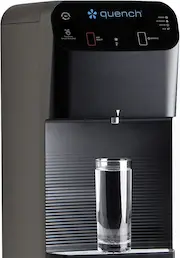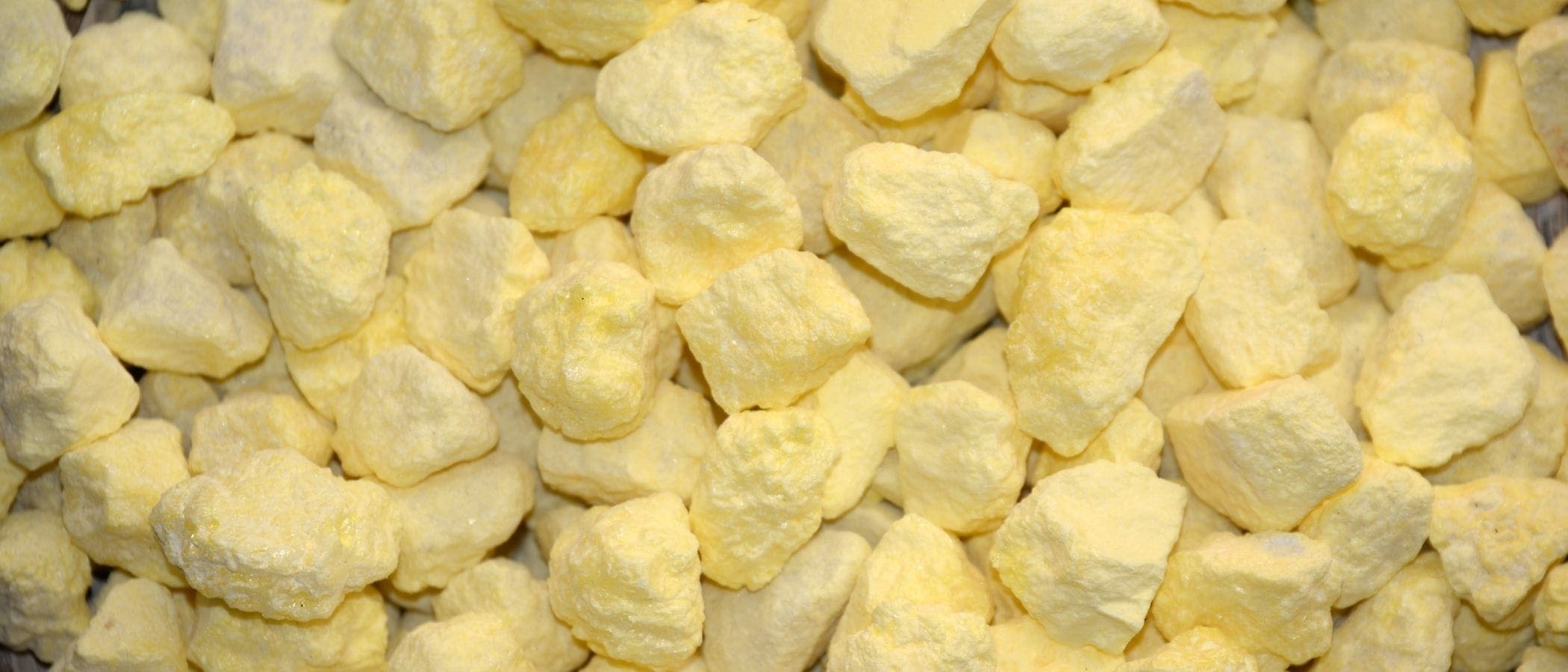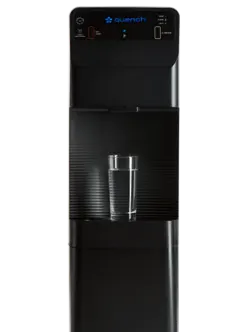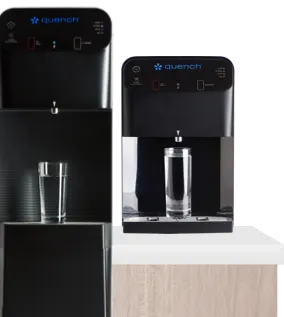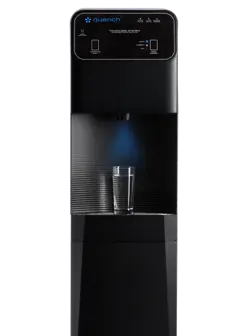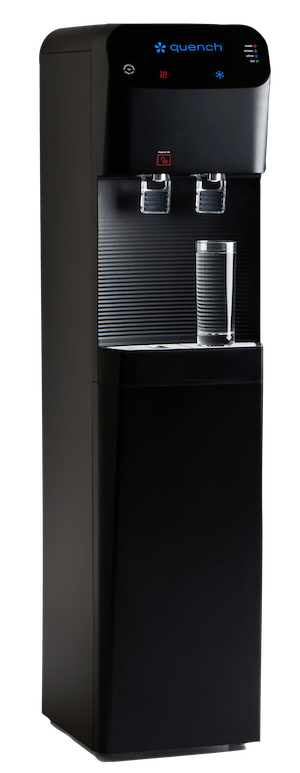UPDATED ON: APRIL 4, 2024
The smell of sulfur is produced when sulfur bacteria break down organic matter and release hydrogen sulfide gas, often leaving an aroma of rotten eggs. Sulfur bacteria are naturally present in groundwater. Therefore, the smell is most likely due to reactions occurring in your hot water and does not threaten your health.
It isn’t uncommon to experience an odd smell coming from your water, especially if your water source is a well or other still water supply. While it’s not necessarily dangerous, it may signify high pollution levels or chemicals. Over 316 contaminants have been detected in water reservoirs across the U.S. and it’s important to identify the source of the stench to ensure you have access to safe and clean drinking water.
What Causes the Smell?
If your water smells strongly of sulfur — or rotten eggs — it’s likely attributed to the presence of “sulfur bacteria” or hydrogen sulfide. Sulfur bacteria dwell in oxygen-deficient environments such as deep wells or plumbing systems and feed on decaying organic matter. This creates hydrogen sulfide gas that gets trapped in water sources.
On the other hand, if you smell sulfur only when you use the hot tap, your water heater may be the culprit. Reactions caused by the magnesium rod and aluminum in your water heater produce hydrogen sulfide gas, yielding a stronger sulfur scent when you use the hot water.
How To Find the Source of the Smell
Because a sulfur smell could be caused by a few different issues, it’s important to identify its source. You’ll want to start by conducting a simple test: Check if the odor is present in both your hot and cold water. If it’s in both, the issue likely lies within the water source or plumbing system. If the smell is only present in hot water, it’s safe to assume that the water heater is the culprit.
Be sure to consider the age and maintenance history of your plumbing fixtures and water heater as well. If they’re old or haven’t been serviced regularly, they could be harboring sulfur bacteria or facilitating chemical reactions leading to the smell. Finally, consult with a local water quality professional to conduct comprehensive testing and pinpoint the exact cause of the odor. This is the best way to ensure you’re taking the appropriate steps to maintain a clean, great-tasting (and smelling) water supply.
What Should You Do?
Scheduling a professional water test to evaluate contaminants and determining the source of hydrogen sulfide or sulfur bacteria is only the start. Once you’ve established whether the sulfur odor originates from your water heater, plumbing system, or the water source itself, take the following steps to address the problem:
- Inspect your plumbing fixtures: Check all plumbing fixtures in your home or workplace for signs of corrosion, leaks, or buildup. Sulfur bacteria can thrive in these conditions, contributing to the foul odor. Take care to address any issues found, such as repairing leaks or replacing corroded pipes, to prevent further contamination.
- Check your ventilation: Ensure proper ventilation in areas where sulfur gas might accumulate, so it can dissipate safely. Adequate ventilation reduces the concentration of the gas in spaces to minimize the chances of a sulfur smell.
- Inspect the water heater: If the issue is isolated to your hot water supply, contact a water system professional to inspect your water heater. They can replace the magnesium anode or flush the heater with a chlorine bleach solution to eliminate sulfur-producing reactions.
- Consider water filtration: A water filtration system effectively eliminates impurities from water, such as sulfur bacteria — particularly if your water source is stagnant or susceptible to contamination. Systems like carbon filtration and reverse osmosis not only remove unpleasant odors and flavors but also guarantee access to clean water that supports your well-being.
- Ensure regular maintenance: Implement a schedule for regular maintenance of your plumbing system and water treatment equipment. This includes tasks such as flushing water heaters, cleaning faucet aerators, preventive maintenance, and replacing filters in water systems. Consistent maintenance helps prevent the buildup of sulfur bacteria and maintains the efficiency of your water treatment solutions over time.
Improving Your Drinking Water
Fortunately, if your water smells like sulfur, there are plenty of ways to access refreshing drinking water. One of the better alternatives to drinking straight from the tap is using a water filter that eradicates harmful contaminants. At Quench, our mission is to deliver fresh, clean water to workplaces across North America. Our quenchWATER+ filtration water coolers eliminate harmful levels of bacteria found in tap water sources.
Get matched with the best filtered water cooler for your needs or get a free estimate to get started.
